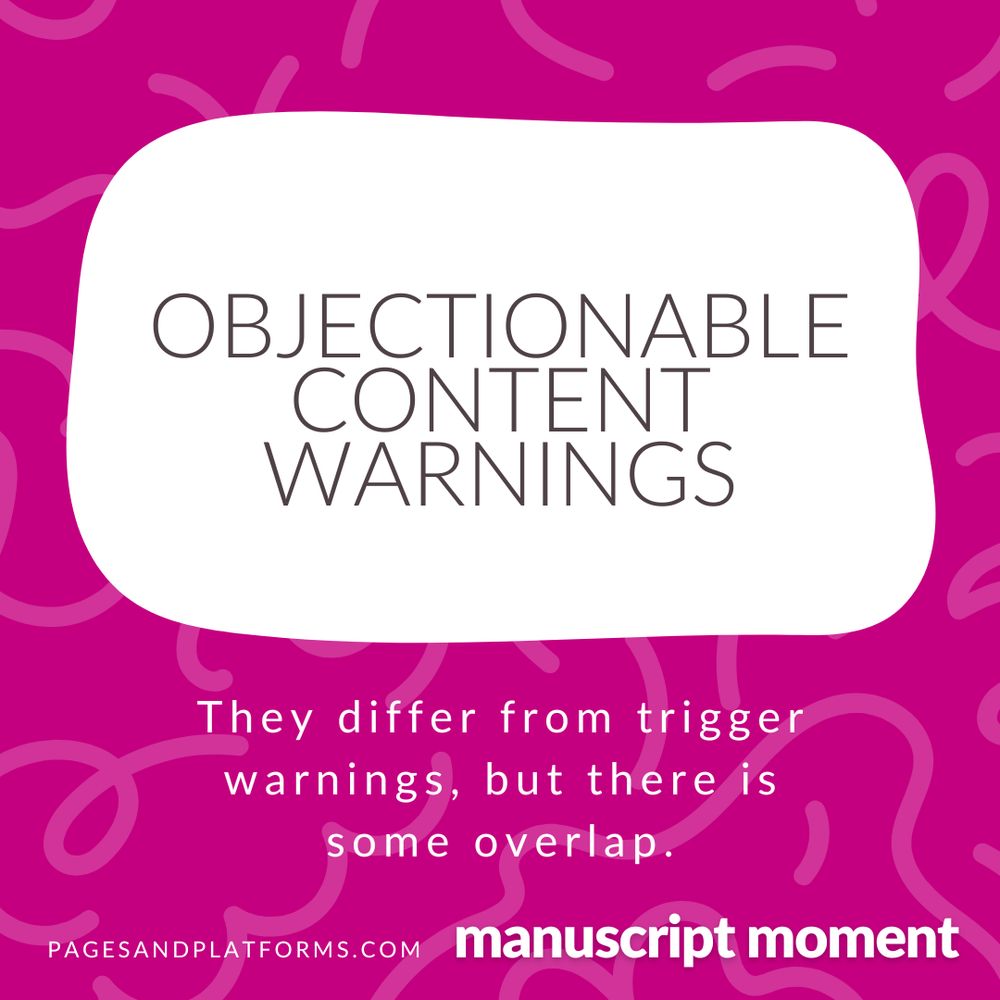Sue Campbell
@suecampbell.bsky.social
26 followers
8 following
340 posts
Helping writers, from newbies to bestsellers, be nicer to themselves so they can write more and build an audience.
Posts
Media
Videos
Starter Packs
















